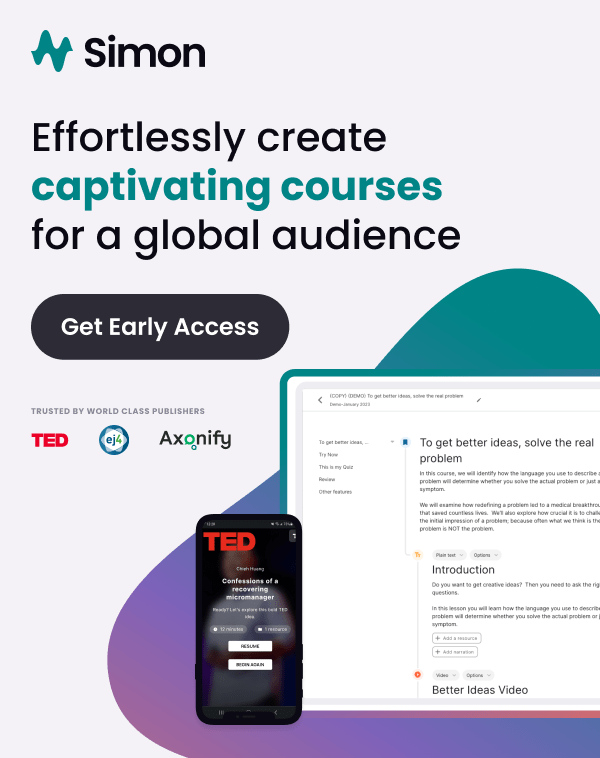Why did people assume an Asian woman in the BBC news video was the nanny?
By now, most of the Internet seems to have seen the video of a BBC interview being interrupted by two small children.
International Relations Professor Robert Kelly’s interview about South Korea was briefly interrupted when his two small children walked in. He managed to keep his composure until a woman rushed in and ushered the two young intruders out.
This interview has been viewed millions of times to the delight of thousands of people on social media.
What also didn’t go unnoticed was that many people – including some popular media outlets – assumed the woman was the nanny when she is in fact Professor Kelly’s wife, Jung-a-Kim. This sparked a much wider social discussion about unconscious bias.
What does this mean for L&D professionals? Should you use stories like this to engage learners?
When topics like this are in the news and in front of everyone’s minds, it can a great time to roll out relevant training. When it comes to learner engagement, half of the challenge is raising awareness about the importance of certain topics. At times when you can tie in learning content to to a popular viral video or news story, however, the awareness and work is already done for you. In this case, it would be very timely to offer your learners a course on unconscious bias, such as the one already available through OpenSesame from Learning Heroes.
Other timely opportunities:
Another hot news topic, security hacks are becoming more and more common, such as very high profile leaks from Yahoo! and TalkTalk (UK broadband firm). So, why not launch a learning program about the importance of cyber security at your company today, like this one from Learning Heroes?
Learning Heroes, available on OpenSesame, offers over 125 titles, all of which come with blended learning. New titles are added every week with some exciting new titles coming during 2017 for driver awareness, food safety and ‘Sixty Second Exec’.
Be sure to browse the Learning Heroes courses to find relevant content you need to match today’s headlines and engage your learners today.
Image by BBC News




